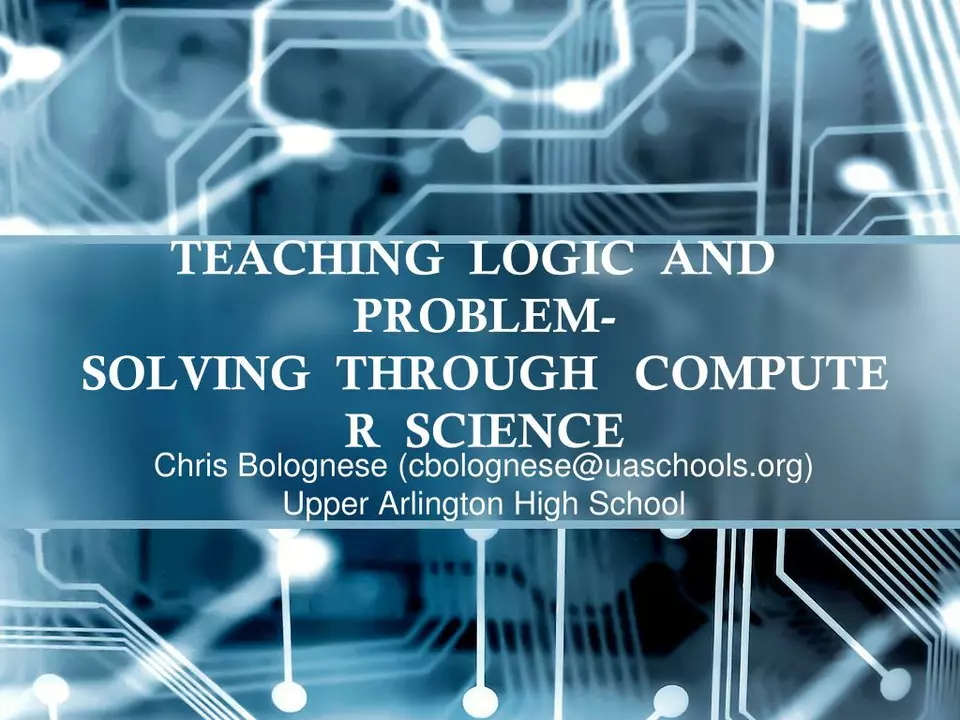Basic Science: Why It Matters and How It Connects to Everyday Tech
Ever wonder why a phone works or why the internet feels instant? The answer starts with basic science – the simple ideas about matter, energy, and how stuff behaves. Those ideas are the building blocks for every gadget, every app, and even the next big breakthrough. Let’s break it down without the jargon.
In plain terms, basic science is the “why” behind the "how". It’s the experiments that tell us what water boils at, how light travels, or why magnets stick to your fridge. Those facts may sound tiny, but they pile up to create the tech we can’t live without.
What Is Basic Science?
Think of basic science as the classroom lab you did in grade school, only stretched across centuries. It covers physics, chemistry, biology, and a dash of math. For example, the post "What is quantum technology?" shows how tiny particles behave in weird ways, and those quirks become ultra‑fast computers later on. It’s the same with the article "What are some limits of quantum computing?" – it tells you why those super‑fast machines still have roadblocks.
When you read posts like "How does Science and Technology benefit one another?", you see the loop: science discovers a rule, technology applies it, then new tools let scientists explore deeper. That loop keeps the cycle spinning, turning basic facts into real‑world tools.
Science Meets Technology in Real Life
Look at everyday stuff: your coffee maker uses heat transfer (a basic physics concept), and the app that orders it uses code built on computer science. The blog "Has technology made teaching high school students easier?" shows how digital quizzes rely on simple data storage ideas – another piece of basic science at work.
Even the future stuff matters now. The article "What will technology jobs look after 5 years?" hints that jobs will need a foundation in AI, which itself rests on statistics and probability – classic math basics. Knowing those basics helps you stay ahead, whether you’re a student, a recruiter, or just a curious reader.
So, how can you use this tag page? Browse the list of posts, pick one that sparks interest, and you’ll get a quick, jargon‑free rundown of a science topic and its tech link. Want to see how quantum weirdness could change encryption? Check the quantum posts. Curious about the science‑tech partnership? The "Science and Technology" article is your go‑to.
Bottom line: basic science isn’t boring theory locked in a textbook. It’s the secret sauce behind the devices you love, the jobs you might chase, and the world that keeps evolving. Dive into the articles, grab a simple fact, and watch how it clicks with the tech around you.
What is basic science and technology?
As a blogger, I've come to understand that basic science and technology are fundamental aspects of our everyday lives. Essentially, basic science is the study of the natural world, delving into its principles and laws, while technology involves applying this scientific knowledge to develop practical solutions. These two fields work hand-in-hand, constantly evolving and pushing the boundaries of what we know and can achieve. Personally, I find it fascinating to explore both the theoretical and practical aspects of science and technology. In summary, basic science and technology are pillars of human progress, driving innovation and shaping the world we live in.
View More